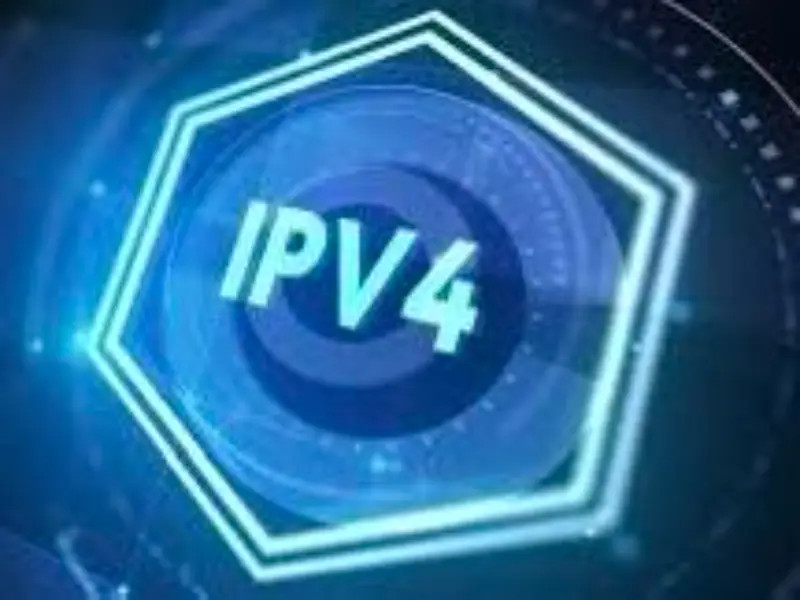- ARIN has allocated 60 IPv4 address blocks, fulfilling 76 requests from its waiting list.
- Previously blocklisted IPv4 addresses are now considered reputable and ready for use.
What happened: ARIN addresses 76 waiting list requests and urges IPv6 adoption
American Registry for Internet Numbers (ARIN) allocated 60 IPv4 address blocks, fulfilling 76 requests from its IPv4 waiting list on December 26, 2024. These address blocks were previously on blocklists due to reputation concerns but have since been cleared and are now deemed suitable for allocation. ARIN has advised that prior inferences about the reputation of these address blocks are most likely no longer valid.
The organization has provided a list of the cleared IPv4 blocks on their website. This distribution is part of ARIN’s ongoing efforts to manage and allocate IPv4 resources efficiently, despite the scarcity of available addresses. The next distribution is scheduled for late in the first quarter of 2025. ARIN continues to encourage network operators to consider deploying IPv6 to ensure the long-term growth and stability of the internet.
Also read: ARIN shares key updates in December 2024 newsletter
Also read: ARIN awards grant to Internet2 for IPv6 Test Pod project
Why it is important
The recent allocation of 60 IPv4 address blocks by ARIN is significant for several reasons. Firstly, it demonstrates ARIN’s commitment to efficiently managing the remaining IPv4 address space, ensuring that organizations with legitimate needs can continue to obtain necessary resources.
Secondly, the reallocation of previously blocklisted addresses highlights the dynamic nature of IP address reputations and the importance of reassessment. Network operators receiving these addresses should be aware of their history and monitor their performance to ensure seamless integration into their networks.
Additionally, this distribution underscores the ongoing scarcity of IPv4 addresses, reinforcing the need for organizations to transition to IPv6 for future growth. ARIN’s scheduled distributions and transparent communication about address availability play a crucial role in helping the internet community adapt to the evolving landscape of IP address management. Organizations are encouraged to stay informed about upcoming allocations and to participate in policy discussions to ensure their needs are met in this constrained environment.

